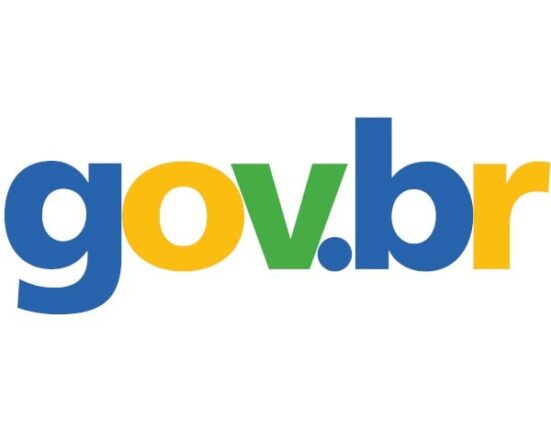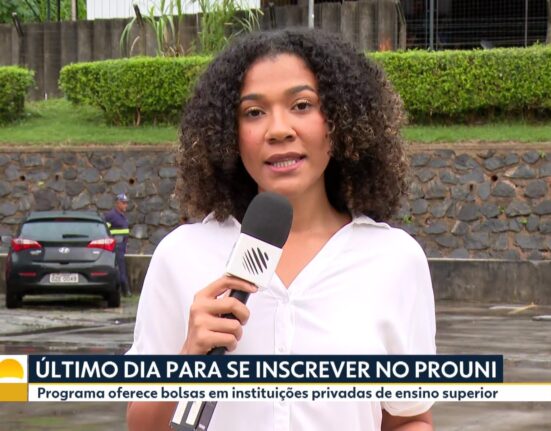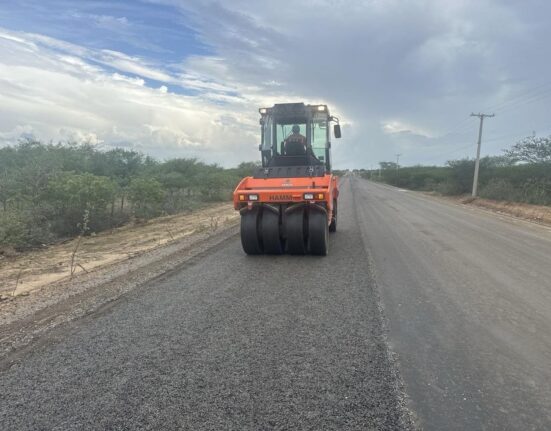The night of June 29 was a pivotal moment for Gabriel Boric’s government alliance as they unveiled their contender for this year’s presidential election: Jeannette Jara, the standard-bearer of the Communist Party (PC), emerged victorious in the ruling coalition’s primary with 60% of the votes, defeating Carolina Tohá (PPD), Gonzalo Winter (FA), and Jaime Mulet (FRVS). Following this outcome, Descifra, a strategic alliance between Copesa and Artool, conducted a survey focused on the challenges Jara will face as the representative of all ruling coalition parties and as a competitor against the already proclaimed right-wing candidates, José Antonio Kast (Republican Party), and Evelyn Matthei (Chile Vamos).
The online survey, carried out between June 30 and July 3, involved 1,080 participants – men and women over 18 years old from different socioeconomic backgrounds, residing nationwide, and with internet access. The survey’s key finding revealed that 44% of respondents believe that Jara’s selection, former Minister of Labor under President Boric until April this year, decreases the left and center-left’s chances of victory in the presidential election. In contrast, 30% think these chances increase, while 26% believe they remain the same with Jara as the candidate.
Furthermore, Descifra inquired whether Jara would be able to secure the votes of supporters and members of six left and center-left parties. According to the survey, 88% believe she will gain the backing of Communist Party (PC) voters, closely followed by the Broad Front (FA) at 82%, the Socialist Party (PS) at 74%, and the Green Social Regionalist Federation at 62%. However, more resistance is expected from supporters of the Party for Democracy (PPD) and the Christian Democracy (DC).
The survey also asked respondents about the gestures Jara should make to “ensure the unconditional support of Democratic Socialism.” 48% felt it was necessary to “guarantee ministries in her potential government” to this coalition, which includes the PS and the PPD. Meanwhile, 47% suggested “incorporating some of Tohá’s proposals into her program,” and 41% believed it would be significant to “resign from the PC and distance herself from its key figures.” The debate over Jara’s resignation from the PC has intensified recently, with reports indicating she will suspend her membership at the party’s central committee meeting this Saturday.
Concerning Jara’s prospects in the presidential election, 56% of respondents highlighted the importance of convincing centrist voters, while 48% emphasized the need to garner support from Democratic Socialism and the DC, and 44% stressed the importance of independence from the Communist Party in her campaign. Notably, 52% of those surveyed anticipate the emergence of a new centrist candidacy following Jara’s primary victory, a move the DC is contemplating.
Looking ahead to the election’s later stages, the survey revealed that 66% believe Jara has a strong chance of advancing to the runoff, with 35% and 31% stating it is probable or definite, respectively. However, 21% are convinced she will not reach the second round, while 13% are uncertain. Notably, 44% of respondents are skeptical about the primary winner’s ability to secure a first-round victory in November. In a hypothetical second-round scenario, Jara is perceived to have a better chance against José Antonio Kast (51%) than against Evelyn Matthei (49%).
The survey also highlighted gender differences in perceptions of Jara’s electoral prospects, with men favoring her against Matthei and women leaning towards a better outcome against Kast. Notably, 64% of respondents who approve of President Gabriel Boric’s administration believe Jara enhances the left’s chances of success, contrasting with the 65% of dissenters who believe her candidacy diminishes the sector’s likelihood of reaching La Moneda.
In conclusion, the survey paints a nuanced picture of public opinion regarding Jara’s candidacy and its implications for the upcoming presidential election. It underscores the challenges and opportunities she faces as she navigates a complex political landscape, balancing the expectations of diverse party supporters and appealing to a broad spectrum of voters to secure victory in a closely contested race.









Leave feedback about this